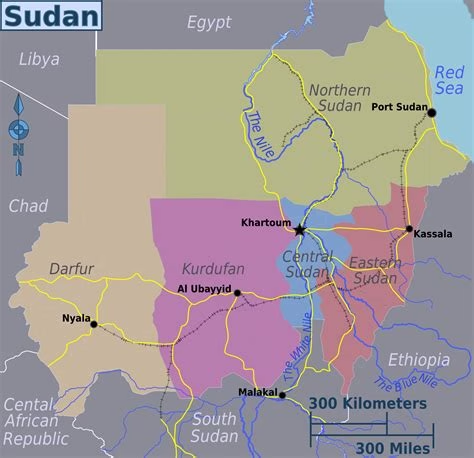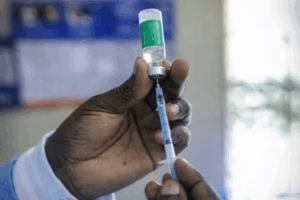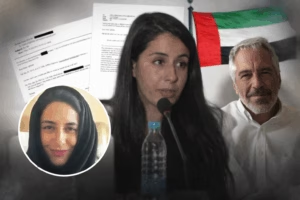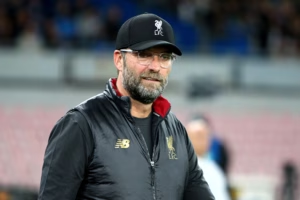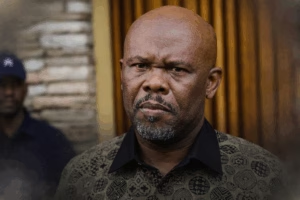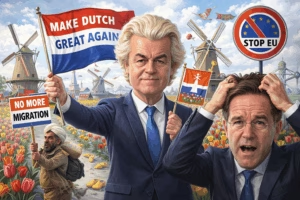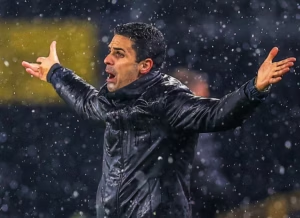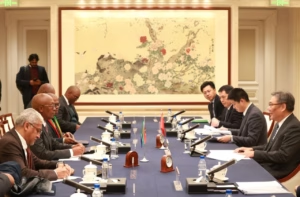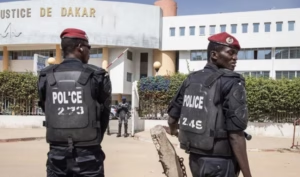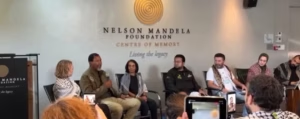As conflict in Sudan continues to escalate with no end in sight, South Africa has called for an immediate cessation of hostilities and pressed for renewed dialogue between the warring factions. The country’s Foreign Ministry emphasised the urgent need for an inclusive, Sudanese-led political process to resolve a conflict that has claimed thousands of lives and uprooted millions from their homes.
In a formal statement issued on Saturday, South Africa did not mince words in expressing concern over the situation, which it described as a “humanitarian and refugee crisis.” Since April 2023, Sudan has been locked in a brutal confrontation between the Sudanese Armed Forces (SAF) and the paramilitary Rapid Support Forces (RSF), with both sides embroiled in a power struggle that has halted the country’s transition to civilian rule.
“South Africa stands in solidarity with the people of Sudan, especially women and children, who continue to face the plight of this war,”
read the statement from the Department of International Relations and Cooperation (DIRCO), reiterating its call for an immediate ceasefire and resumption of talks.
The ongoing violence has had devastating consequences. Civilians have borne the brunt of the conflict, with widespread casualties, the destruction of critical infrastructure, and a mass exodus of people seeking refuge in neighbouring countries. South Africa expressed deep concern about the worsening situation in El Fasher, the capital of North Darfur province, which has been under siege for more than 500 days.
“Which has been besieged for over 500 days,”
the ministry stated, referring to El Fasher, highlighting that earlier in August, artillery shelling struck densely populated areas, including the city’s central market. These strikes reportedly resulted in 24 fatalities and at least 55 injuries.
Beyond the immediate humanitarian toll, Pretoria warned of broader consequences for regional stability and economic security. The ministry stressed that international law must be upheld, particularly with regard to the protection of civilians and the unobstructed delivery of humanitarian and medical assistance.
“There can be no military solution to the conflict, which must be resolved in a peaceful manner on the basis of a Sudanese-owned and Sudanese-led inclusive dialogue, paving the way to a peaceful transition process where a civilian-led, democratic Government, can steer the country towards harmony, reconciliation and redevelopment,”
the statement read.
This plea for peace follows a sustained deterioration in conditions across Sudan. The conflict, which erupted in April last year, stemmed from a breakdown in relations between the military and the RSF, initially allies in ousting former president Omar al-Bashir. What began as a dispute over the timeline and structure of Sudan’s transition has since devolved into a nationwide war.
In June, diplomatic efforts to end the conflict included a meeting between Russian Deputy Foreign Minister Sergey Vershinin and Ramtane Lamamra, the United Nations Secretary-General’s special envoy for Sudan. Their talks focused on avenues for brokering peace and reducing hostilities, although no clear path forward has emerged from these discussions.
The South African government’s stance is rooted in a long-standing foreign policy that favours negotiation over armed confrontation. Having experienced its own democratic transition, South Africa has consistently championed dialogue and reconciliation on the African continent. Its insistence on a Sudanese-owned process underscores its belief that durable peace can only come from within, not from externally imposed solutions.
The ministry’s statement concluded with a call for the international community to intensify efforts in supporting Sudanese-led mediation and to prioritise the protection of civilians in conflict zones such as El Fasher. The message is clear: without urgent de-escalation and a return to talks, the human and economic costs of this war will only multiply.

